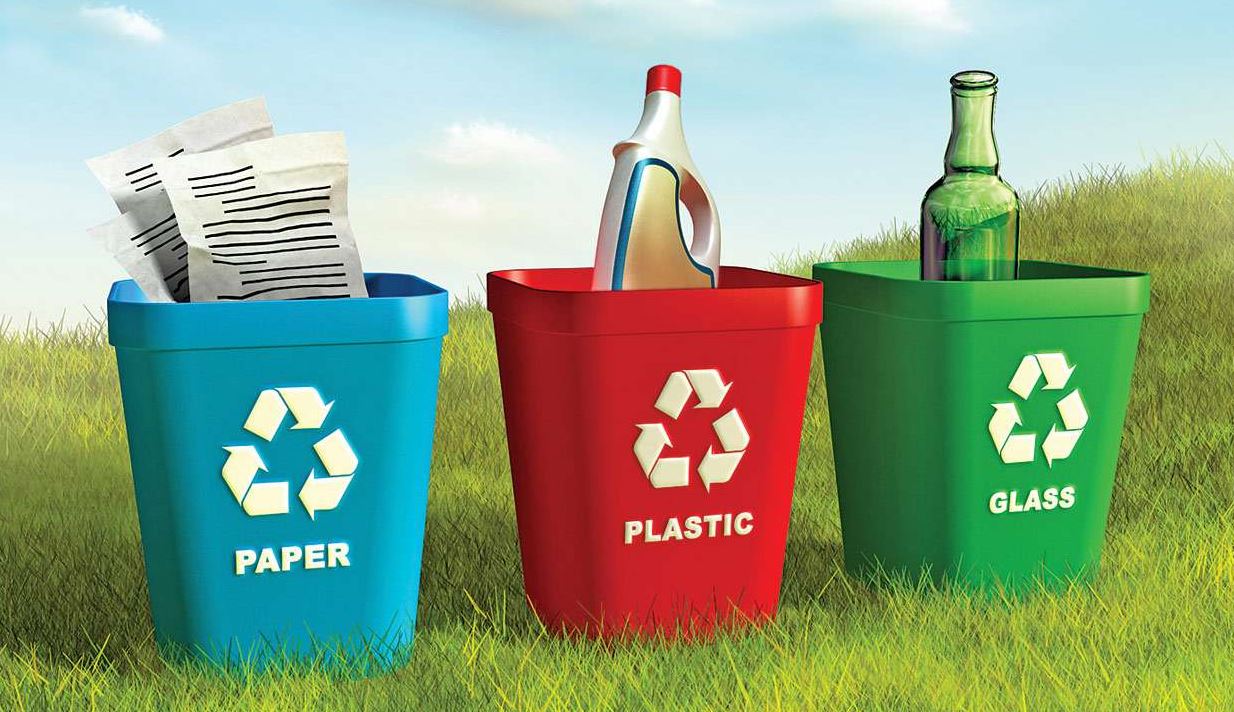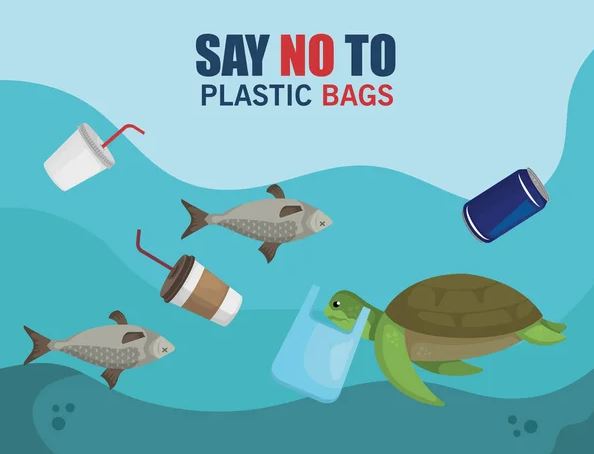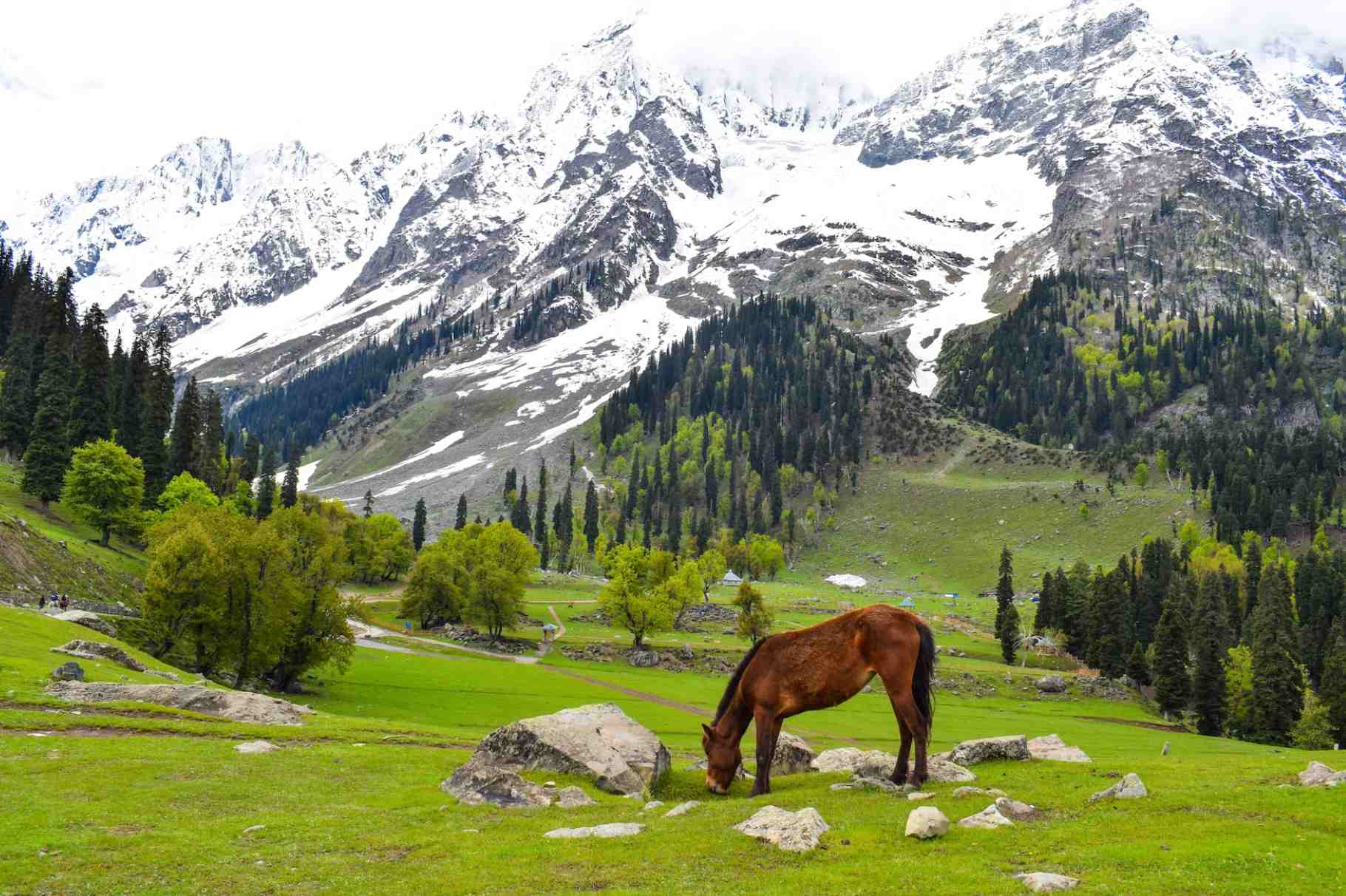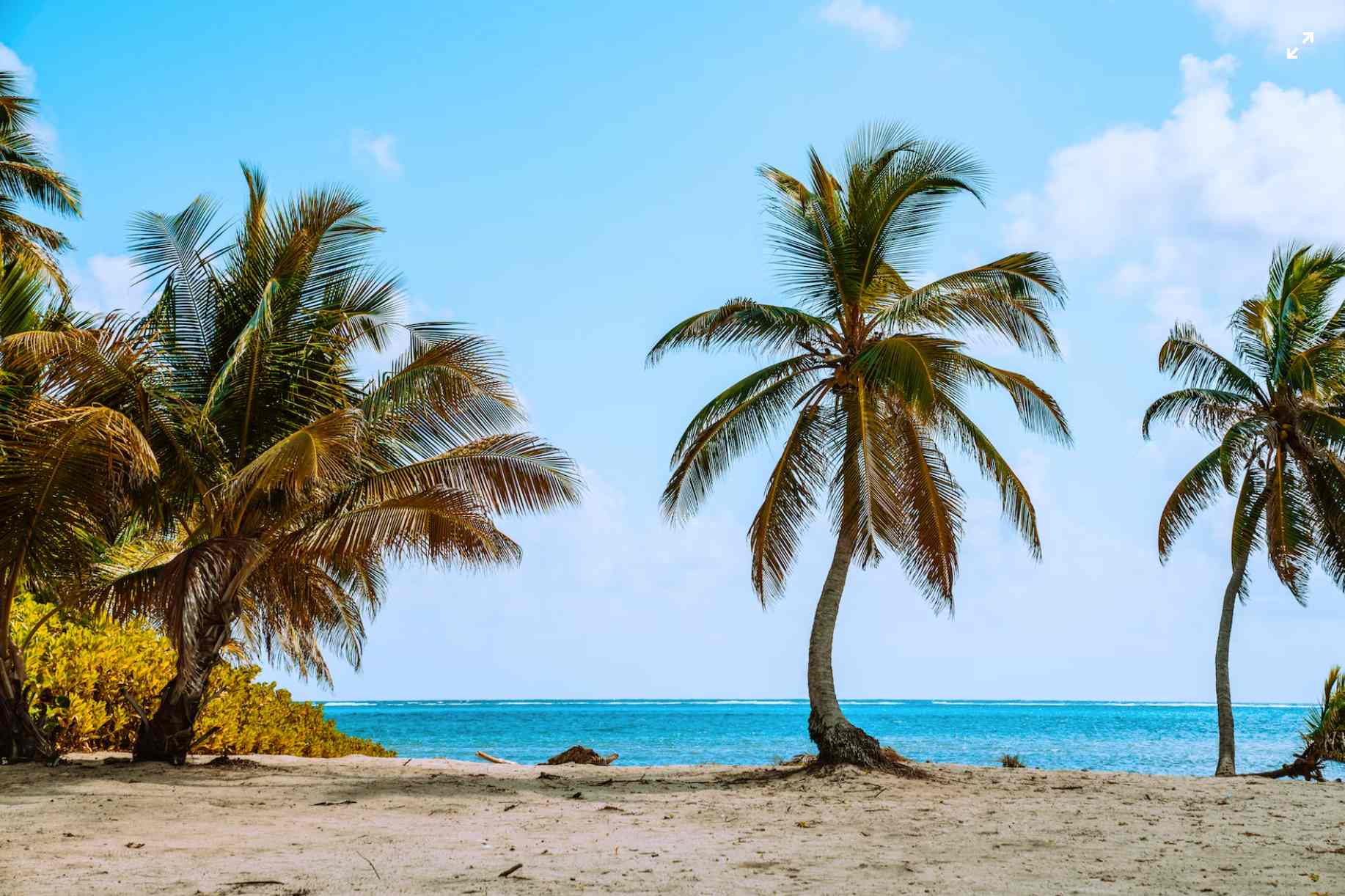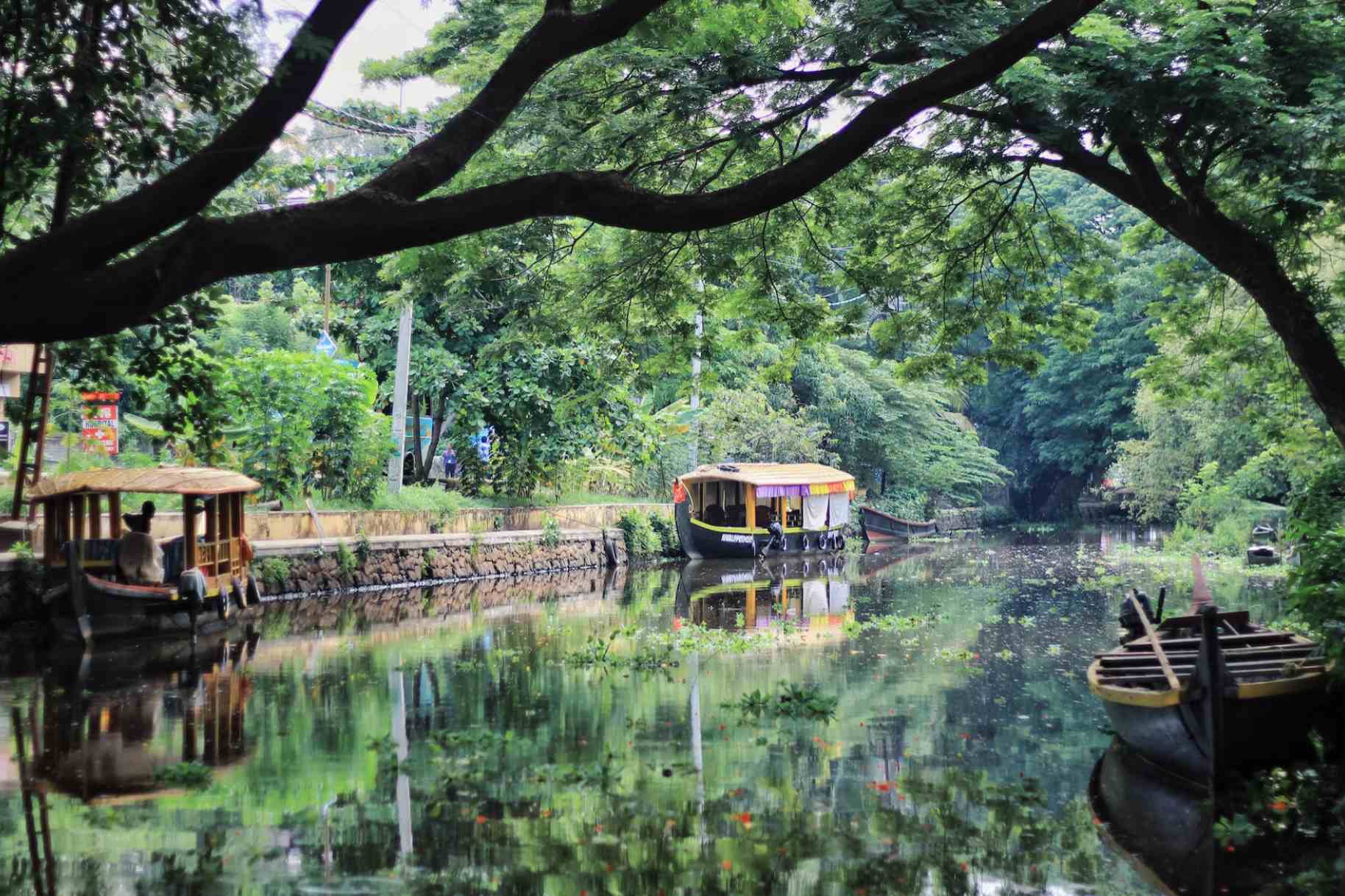Simple ways to be a responsible traveler
Do not litter. Always use provided dustbins. Segregating waste at the source will help to safely dispose of it. Avoid using plastics DO NOT use single use plastic like mineral water bottles, plastic carry bags etc. The major impact of plastic on the environment is that it takes many years for them to decompose. In addition, toxic substances are released into the soil and water. If plastic bags are burned, they release toxic substances into the air causing ambient air pollution. This has ill effects on the lives of humans, land animals, plants and marine lives. Conserve water and energy Always consider carrying your own purified water while camping. Reduce energy consumption. Unplug your mobile phone charger when it's sufficiently charged, turn off the lights when not in use.. Take shorter showers. Jumping into ponds, rivers is much more exciting than a regular shower. But make sure you don’t pollute the water by throwing plastic and other pollutants into the water. Respect the local culture and customs. Respect the beliefs and culture of the local communities you visit. People in different places do things differently - don’t try to change them, enjoy it. Always ask before taking photographs. Some places have strict rules. Remember, its their place. Educate yourself about the place you are visiting and the local community. Travel off-season if you can, better prices and less crowded. Support the local economy. Buy locally made souvenirs, eat at local restaurants, enjoy the local culture! Take public transit. Use a bicycle. Or if you must rent a car - go for a hybrid or electric car if available. Alternatively, a two wheeler is another option you can consider as the carbon footprint will be lesser than a car. Choose an outdoor camping or glamping spot instead of a luxury hotel. There are also some hotels and eco-resorts which are completely off-the-grid (run on solar or wind energy) and follow many other sustainable practices. These properties are environment friendly with a low carbon footprint per person per night. Always be aware of the palace you choose to stay in. Ask your accommodation provider about their sustainability practices – do they compost? Recycle? Staying in a local homestay or camping in a private land in the village listed on sneakout will help the locals economically. Always educate the locals about how they can share their land for sustainable camping on platforms like sneakout. A new source of income would help these rural, economically marginalized communities.Choose sustainable stay in sustainable accommodations
